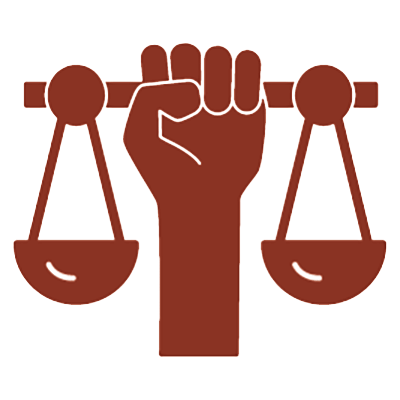Hope, Patience, and Action

At various times in history, Muslims have faced persecution. In the face of such adversity, there are three Islamic principles that provide guidance.
1. Hope in the Mercy of Allah:
At the core of Islamic teachings is the unwavering belief in the mercy of Allah. The Quran asserts,
"Be not, then, faint of heart, and grieve not: for you are bound to rise high if you are truly believers." (Surah Al-Imran 3:139)
This verse encapsulates the essence of hope. Muslims facing persecution are encouraged to anchor their hope in Allah's promises. It is a steadfast belief that, despite the trials, Allah's mercy prevails, and the believers will ultimately triumph. This hope becomes a source of strength and resilience.
2. Patience as a Form of Worship:
Patience (Sabr), viewed as a form of worship in Islam, is paramount when confronted with persecution. The Quran repeatedly emphasizes the virtue of patience.
"O you who believe! Seek help through patience and prayers. God is with the steadfast.." (Surah Al-Baqarah 2:153)
This verse underscores the spiritual significance of patience and its intimate connection with prayer. Patience is not passive acceptance but an active endurance, a resolute persistence against oppression. The life of Prophet Muhammad serves as the ultimate exemplar of patience, especially during the difficult years in Mecca.
3. Active Resistance and Advocacy:
While patience is a virtue, Islam does not advocate passive endurance in the face of injustice. The Quran instructs us,
"The believers, both men and women, support each other; they order what is right and forbid what is wrong.. ." (Surah Al-Tawbah 9:71)
This principle of 'amr bil ma'ruf wa nahi anil munkar (enjoining good and forbidding evil) calls for active engagement in promoting righteousness and opposing oppression.
Also a saying of the Prophet that complements the above Quranic verse is,
“Whoever sees a wrong, let him change it with his hand; if he is unable to do so, then with his tongue; if he is unable to do so, then with his heart, and that is the weakest of faith.” Sunan Ibn Majah (Book 5, Hadith 473)
Raise Your Voice Against the Gaza Catastrophe
Use our Action Tool to message your representatives, urging them to use their office to bring an end to violence in the Israel-Palestine conflict.
CLICK HERE TO START RAISING YOUR VOICE
Topics: Palestine Values: Hope, Justice, Patience
Views: 1290
Related Suggestions


















